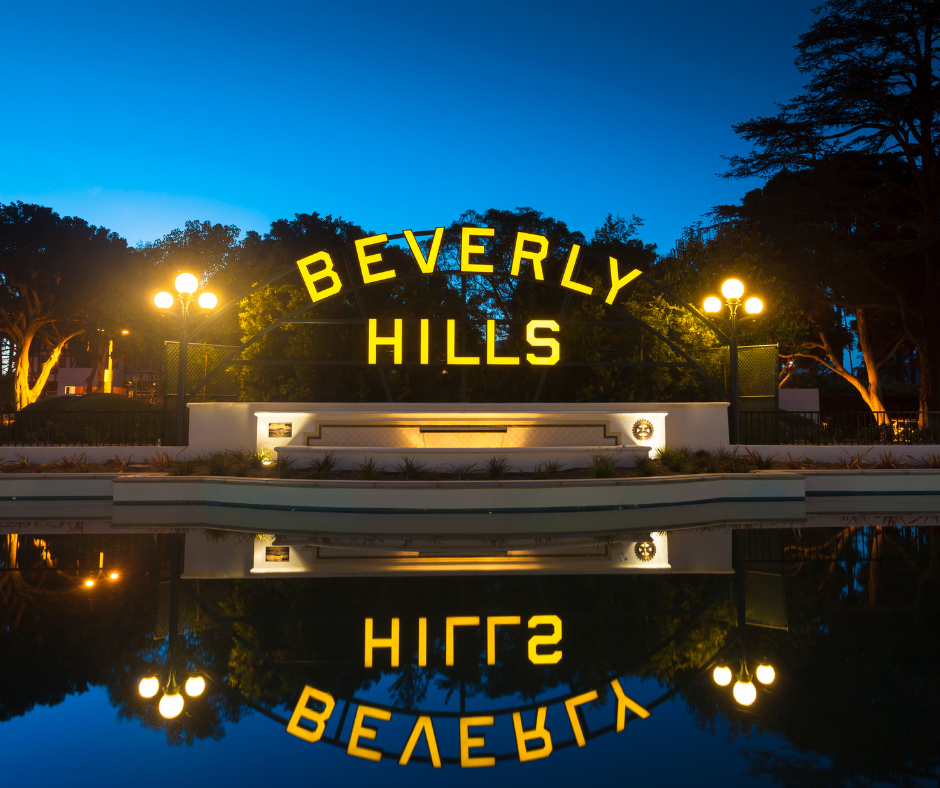The recent wildfires, including the Palisades and Eaton fires, have left many in Los Angeles grappling with the loss of homes and property. While the emotional toll is immense, the financial burden of rebuilding can be equally as massive. However, filing to get property tax relief can ease the financial burden and this guide aims to walk you through the process of obtaining property tax relief and provide you a glimmer of hope in these challenging times.
What is Property Tax Relief?

Property tax relief is a measure designed to reduce the financial burden of property taxes for property owners. Whether people own a home or business, getting property tax relief can make property ownership more affordable, especially for those who are facing financial hardships such as losing their property to a natural disasters. After a disaster like a wildfire, California offers several forms of property tax relief designed to reduce the financial strain on victims:
- Reassessment of Damaged Property: Reduces your property tax based on the diminished value or destruction of your property.
- Transfer of Tax Base: For those moving or rebuilding, Proposition 19 allows for the transfer of your existing tax base to a new principal residence.
After a wildfire, your property’s market value typically drops dramatically, but the state recognizes that it’s unfair to tax you based on a pre-disaster value. Property tax relief ensures you’re not overburdened with taxes while you attempt to rebuild your life.
Who Qualifies for Property Tax Relief?
Eligibility for property tax relief typically hinges on three primary factors.
Disaster Zone
Your home or business must lie in an area declared a disaster zone by the Governor, making you more likely to qualify.
Significant Damage
Your property should have sustained significant damage—generally at least $10,000 in lost value due to the fire.
Property Ownership
Relief measures may apply to a range of individuals, including homeowners (in houses, condos, or mobile homes), and business owners whose commercial properties can be reassessed. However, renters could qualify for certain types of disaster aid, but their eligibility will be dependent on the property owner and their registration requirements.
How to Apply for Property Tax Relief in California: Step-by-Step Process
-
Assess Damage:
- Document the damage with photos or videos. Keep all records of losses and repairs.
-
File a Claim:
- Form ADS-820: For Los Angeles County, you’ll need to file the “Property Damaged or Destroyed by Misfortune or Calamity” form. Visit the Los Angeles County Assessor’s Office for specifics or to download the form.
-
Deadlines:
- You generally have 12 months from the date of damage to file, but always verify with your local assessor’s office as local ordinances might extend this period.
-
Reassessment and Tax Adjustment:
- After filing, your property will be reassessed to reflect its current, post-disaster value, potentially lowering your tax bill.
Proposition 19: Moving or Rebuilding
If you choose to move or rebuild, Proposition 19 allows you to transfer your tax base to a new or replacement primary residence within two years of selling your original home. This can significantly reduce your property tax burden. For detailed information, see California State Board of Equalization’s Proposition 19.
Common Mistakes and Tips
- Beware of Scams: Be cautious of services offering to handle your claim for a fee. The process can be managed by you directly at no cost, as advised by the California Department of Tax and Fee Administration.
- Keep Records: Maintain all documentation related to your property’s condition before and after the fire, as well as any communications with the assessor.
- Seek Assistance: If overwhelmed, remember that you can get free help from local disaster recovery centers or by reaching out to organizations like ours at West Coast Trial Lawyers.
Resources and Support
- California State Board of Equalization (BOE): Offers detailed information on property tax laws, including Proposition 19.
- Los Angeles County Assessor’s Office: The primary point of contact for filing calamity claims, Form ADS-820, and checking deadlines.
- West Coast Trial Lawyers: We provide compassionate, personalized assistance for wildfire victims. Whether you need help with filing a claim or navigating insurance disputes, our team is here to support you.
You Are Not Alone: Wildfire Attorneys in Los Angeles
While no program can erase the trauma you’ve endured, property tax relief can help ease some of the financial strain, giving you one less thing to worry about as you rebuild your life. If you or someone you know has been affected by the devastating Los Angeles wildfires—such as the Eaton or Palisades fires—consider taking advantage of these relief measures.
Remember, you’re not alone. In addition to local government resources, compassionate legal and financial professionals stand ready to guide you. At West Coast Trial Lawyers, we understand the challenges you’re facing and are dedicated to helping you through every step of the process.
Contact us at (213) 927-3700 or fill out our quick online contact form to explore how we can assist you in securing the relief you deserve.
Frequently Asked Questions (FAQs)
How Long Does It Take To Receive Property Tax Relief?
Processing can vary by county, but once approved, relief is typically applied retroactively to the disaster date.
What if I Only Rebuild Part of My Home?
If your repairs exceed $10,000 in damage, you can still qualify for a reassessment that reflects the partial restoration.
Can I Still Get Relief if I Decide to Relocate?
Yes. Through Proposition 19, you can often transfer your original tax base to a new primary residence, potentially saving thousands in property taxes.
Do I Need a Lawyer or Professional to File a Claim?
The process can be completed on your own at no cost, but seeking professional advice might help if you’re dealing with extensive damage, complex insurance claims, or disputes.
What About Renters?
Traditional property tax relief programs focus on owners, but renters may qualify for other types of disaster assistance, including federal or state programs. Be sure to explore all possible sources of aid.











































































